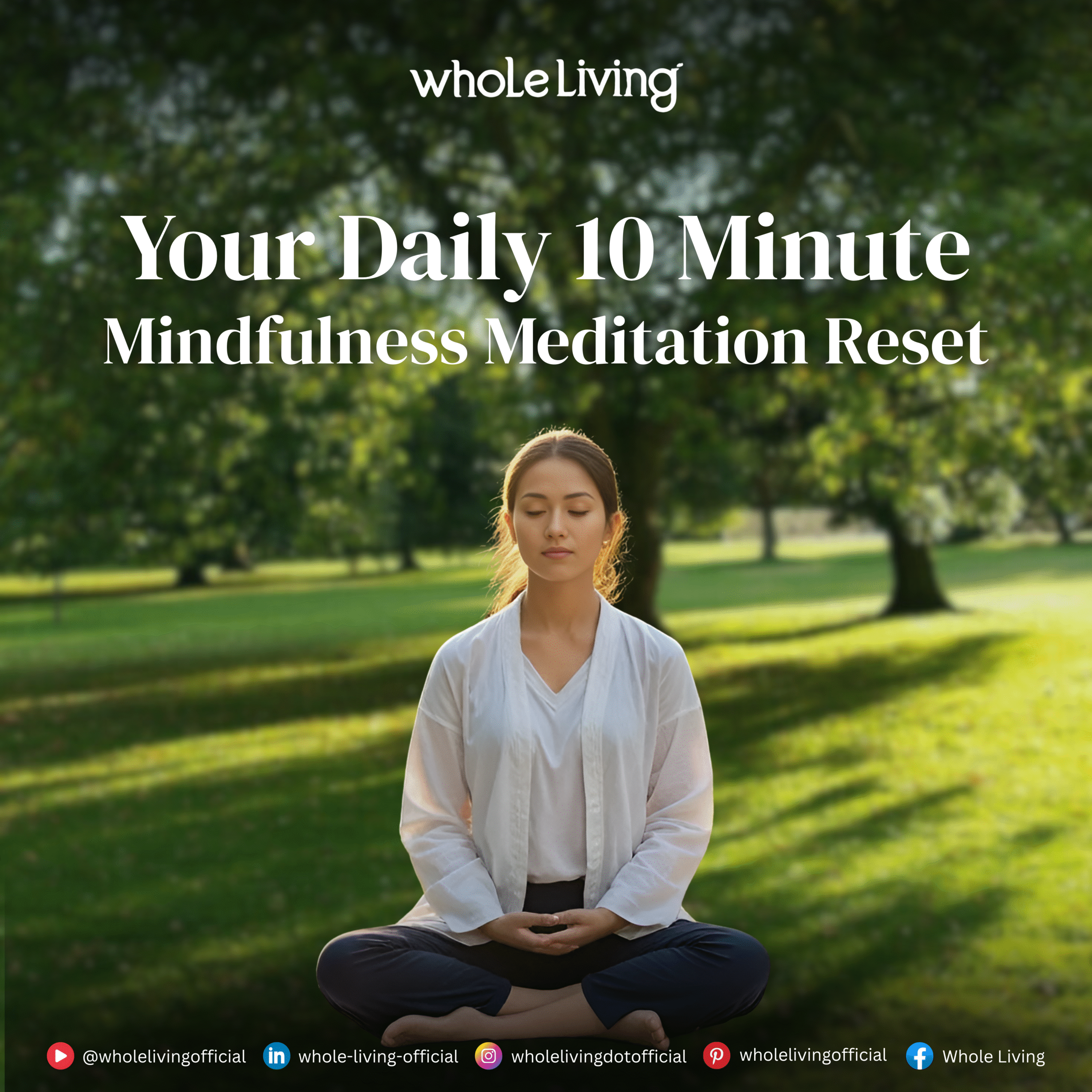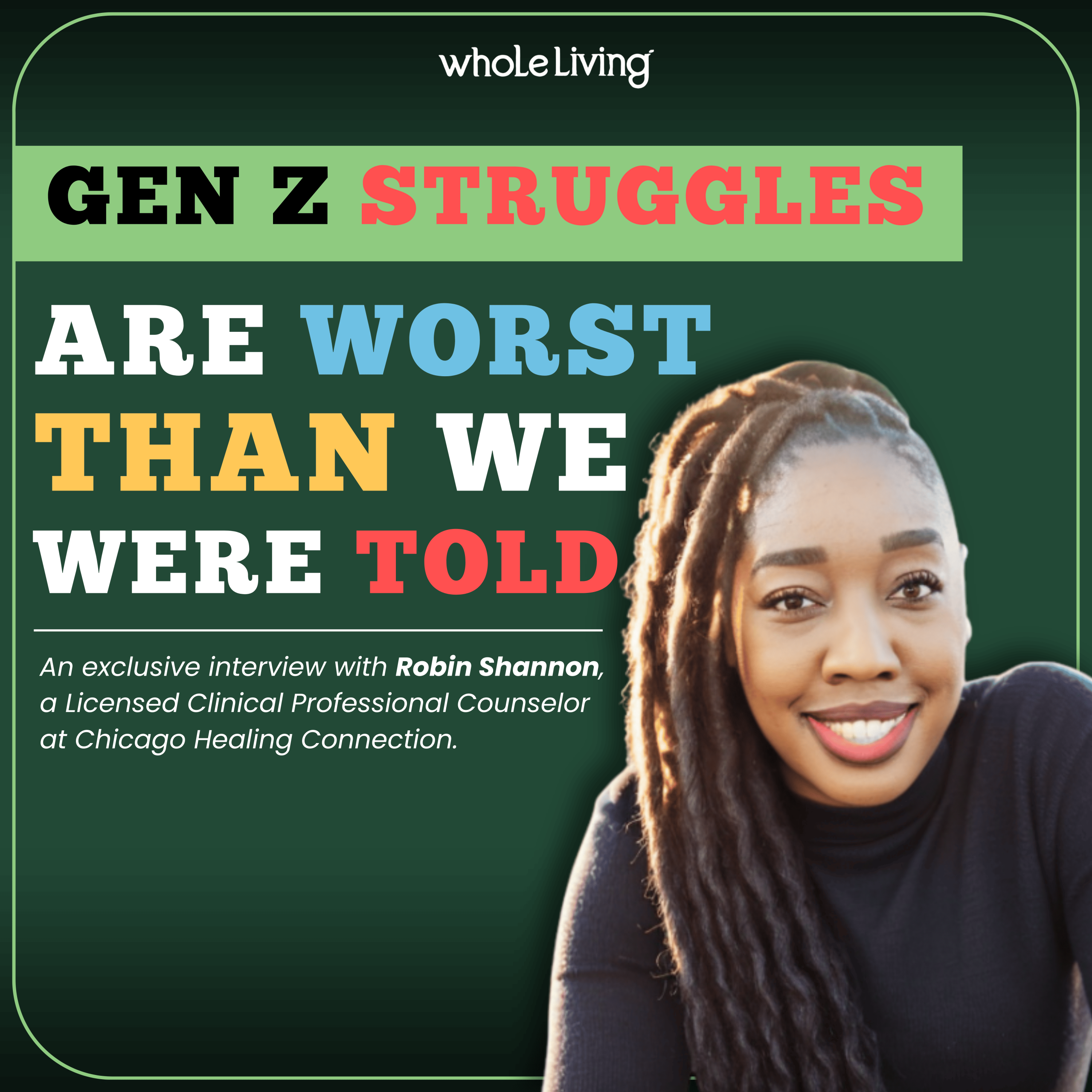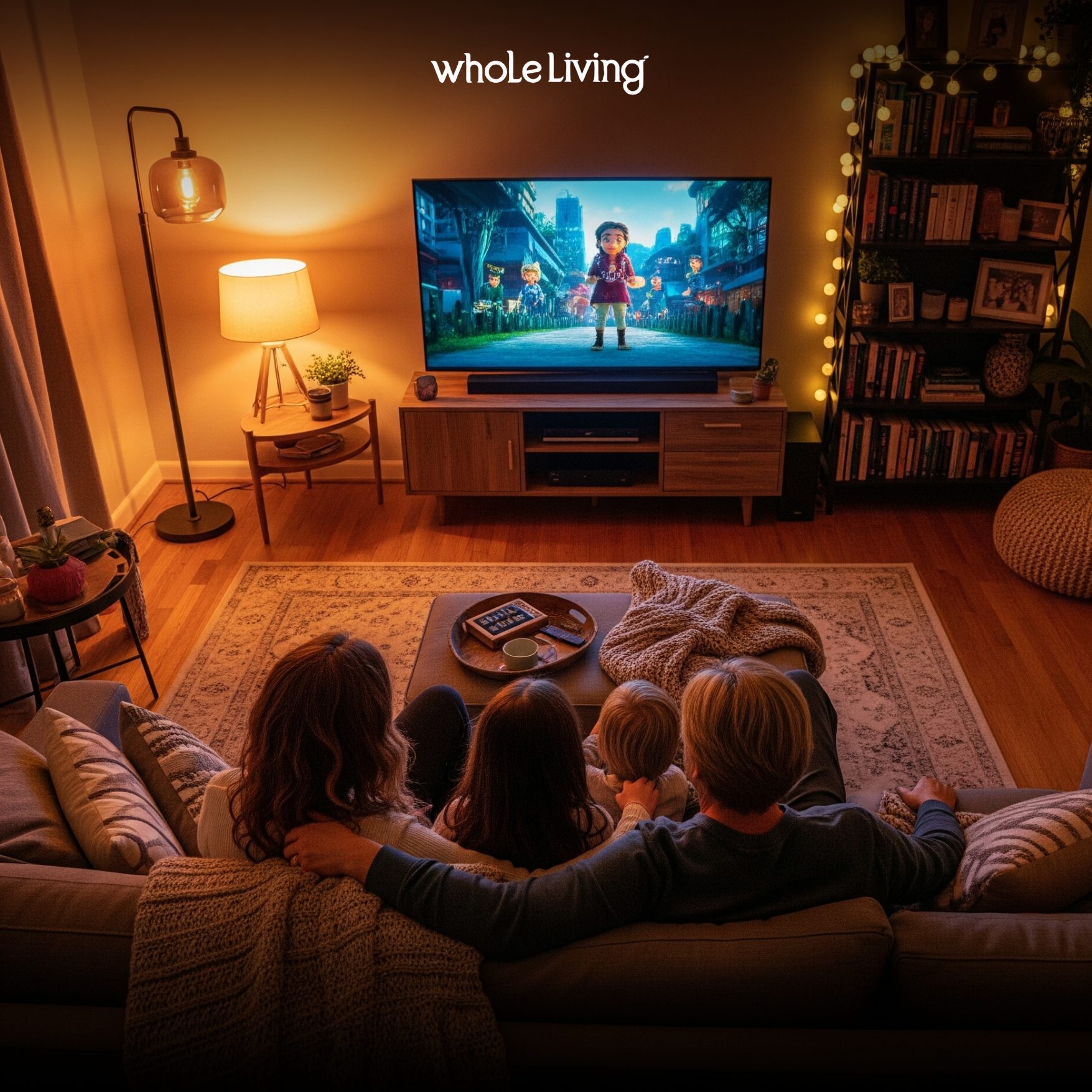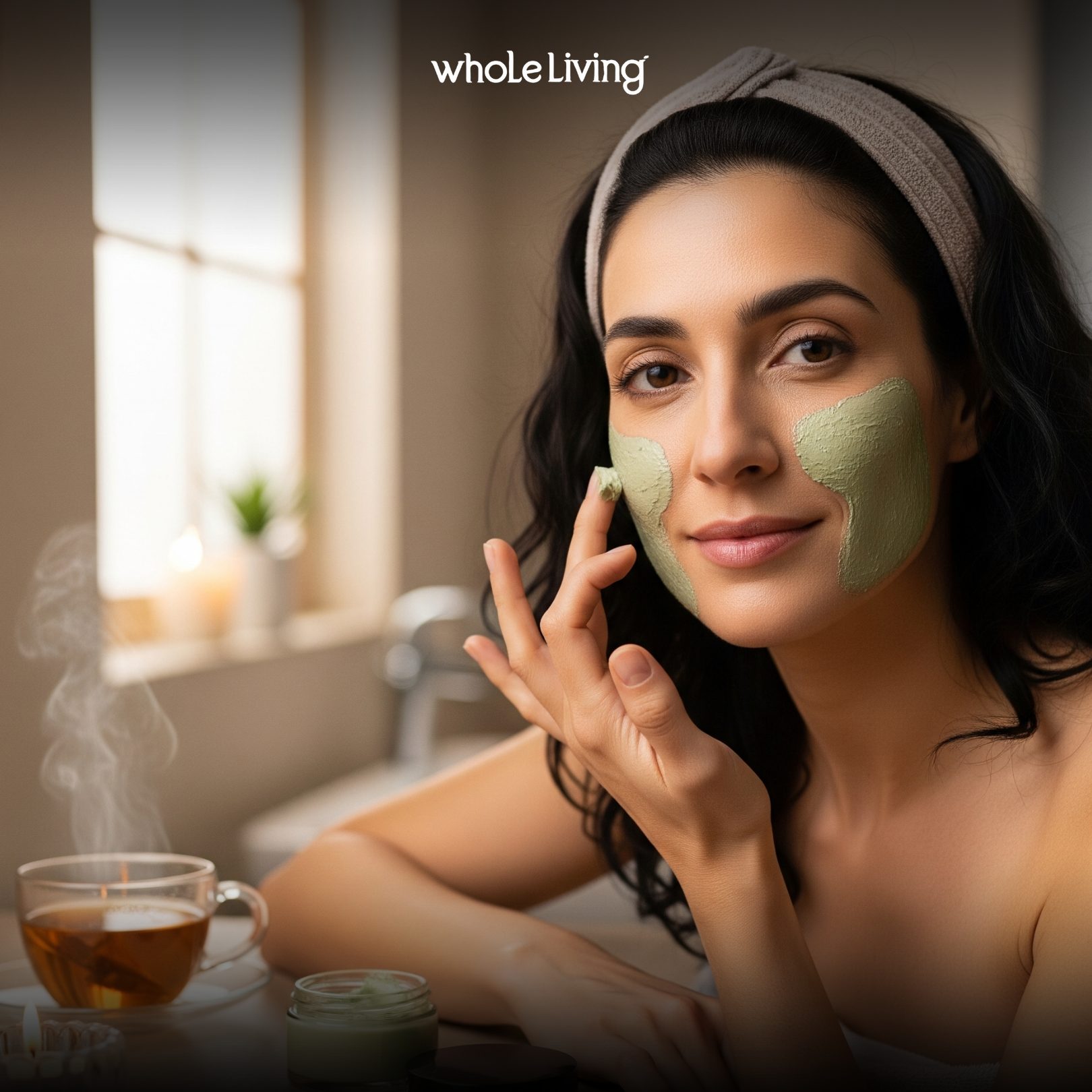In This Article
Let’s be real life gets messy, emotions run wild, and stress seems to have a VIP pass to your daily routine. That’s why mental health games and activities aren’t just cute hobbies—they’re absolute lifesavers. If you’ve ever felt like you’re on the struggle bus (hello, anxiety, negative thoughts, and all the feels), it’s time to shake things up with something fun, grounding, and yes, totally legit for your mental health journey. These aren’t just playtime perks—they boost self-esteem, promote relaxation, and enhance emotional regulation like a boss.
Whether you’re into solo self-care or love vibing in small groups, these 10 activities are the ultimate glow-up for your mental wellness. Ready? Let’s dive in.
1. Two Truths and a Lie (With a Mental Health Twist)
You’ve played it. But this time, we’re going deeper. In this mental health remix, each person shares two truths and one lie about their coping strategies, like how they deal with stress, anxiety, or what genuinely helps them promote relaxation. It could be anything from “I cry in the shower with a lo-fi playlist” to “I run marathons when I’m anxious” now that’s a curveball.
The beauty? This activity gets people talking honestly about their mental wellness habits and emotions, even the messy ones. You’ll laugh, connect, and probably learn a thing or two about what works (or doesn’t) for others.
Why it works: It builds emotional regulation, communication skills, and social connection plus it’s a fun way to raise awareness and bond through vulnerability and shared truths. It’s perfect for adults alike, small groups, and even support sessions during mental health awareness month.

2. Mindful Coloring, But Make It Intentional
This is not your third-grade art class. We’re talking mental health activities that feel like meditation but with more color. Grab your tools markers, pencils, maybe even some paints and pick designs that soothe you. Mandalas? Nature scenes? Abstract swirls? Go wild. But here's the twist: stay present. Let every stroke become a mindfulness exercise. Notice how your hand moves. Breathe. No judgment.
The goal isn’t pretty it’s presence. Let it be messy, expressive, and entirely yours.
Why it slays: This simple game can reduce stress, promote relaxation, and foster self-awareness. It’s a dreamy blend of self care and mental health promotion, especially beneficial for emotional well-being and daily routine maintenance. And yes, it’s perfect for adults who are too cool for coloring… until they actually try it.

3. CBT Games for Thought Flipping
Let’s get into the real work with some sparkle. Cognitive Behavioral Therapy (CBT) may sound fancy, but it’s basically the OG of mental tune-ups. And guess what? There are CBT games that make it way more accessible. Try “Thought Challenge Cards” or “Cognitive Restructure Rounds” (yes, it’s a thing). You take a negative thought like “I always mess things up” and flip it with logic, kindness, or even a sassy comeback. Boom coping strategy unlocked.
Think of it like mental weightlifting reps for your brain.
Why it rocks: These therapy games help develop empathy, strengthen problem solving skills, and gently guide you toward a positive mindset. They’re grounded in science but delivered in a fun and interactive way, making them ideal for anyone working through mental health issues, or looking to improve their mental wellness through new skills. And let’s be real personal growth looks good on you.
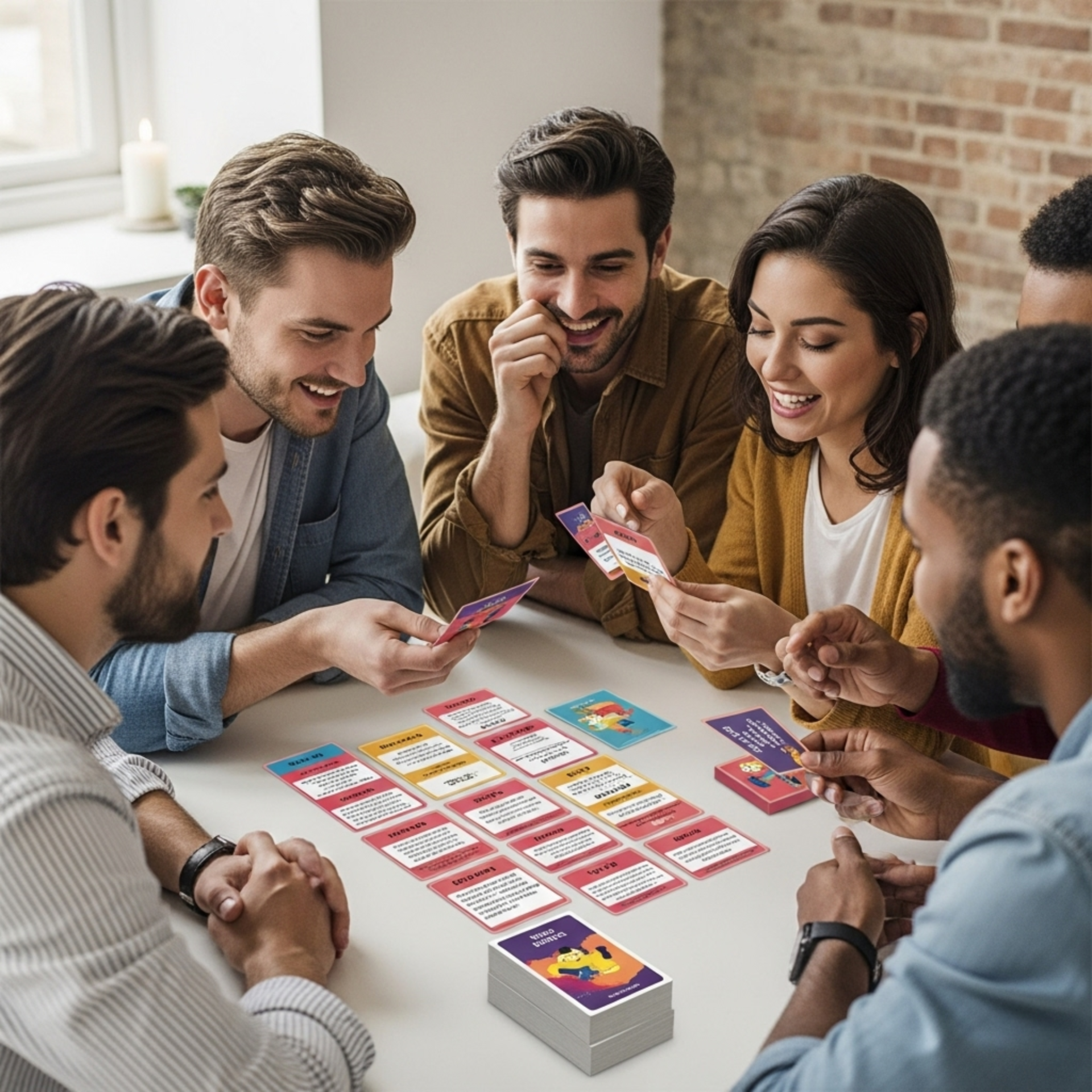
4. Feelings Charades
Yes, we’re still playing charades but this version’s got emotional depth. Forget “Titanic” or “Spider-Man” now you're acting out anxiety, excitement, frustration, or calm. Everyone guesses, laughs, and (surprise!) learns about emotional regulation in the process.
Why it’s iconic: This isn’t just a party game it’s a masterclass in self-awareness, communication skills, and mental wellness. It helps players recognize and express emotions clearly, which is vital in tackling mental health challenges. It also promotes social connection, builds empathy, and breaks down emotional walls in a fun and interactive way. Hello, mental health awareness month event idea!

5. Gratitude Jenga
Take a classic tower-building game and make it meaningful. Each block in this version has a practicing gratitude prompt written on it like “Name a person who supported you this week,” or “Share one thing that made you smile today.” As players pull blocks, they share their answers aloud.
Why it wins: This game is the perfect blend of mindfulness exercises and self-awareness. It helps reduce stress, boost self-esteem, and encourages positive thinking. Whether you’re hosting a workshop, chilling with friends, or leading a support group, it’s a fun way to foster mental health awareness especially powerful in small groups or during family time with younger children.

6. The Five Senses Grounding Game
When your mind is spiraling or anxiety is getting loud, this is the ultimate comeback tool. The game is simple: Identify 5 things you can see, 4 things you can touch, 3 things you can hear, 2 things you can smell, and 1 thing you can taste. You’re basically using your senses to reel yourself back to the present.
Why it’s everything: It’s a go-to grounding technique for emotional regulation and a superhero in the world of coping skills. You’ll notice tension melting and your breath returning to normal. Mental health experts often recommend this for managing stress, panic, or emotional flooding. Honestly? Everyone should have this in their back pocket especially during high-pressure moments in your daily routine.
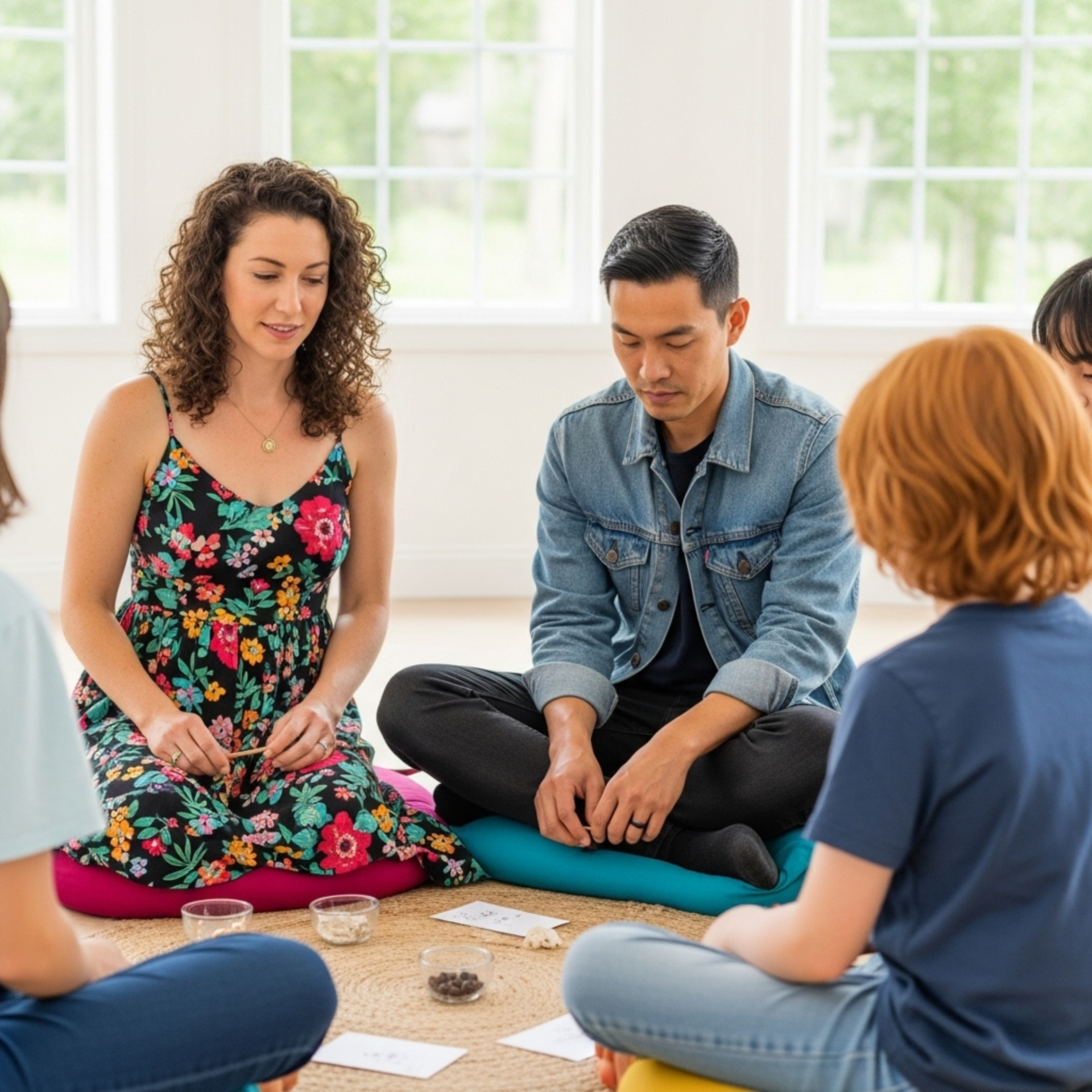
7. DBT Skills Card Game
Don’t let the acronym scare you Dialectical Behavior Therapy is all about practical tools for real-life mental health issues. These therapy games introduce you to life-changing concepts like radical acceptance, distress tolerance, and yes, emotional regulation. Whether it’s a card match-up or a reflection prompt, you’re building your DBT skills with every play.
Why it helps: This game meets you where you are. Whether you're in therapy, part of a support group, or just craving some mental health promotion, it’s digestible and impactful. It fosters self-awareness, supports coping strategies, and can radically shift your emotional reactions. A total must for anyone committed to their mental well-being.
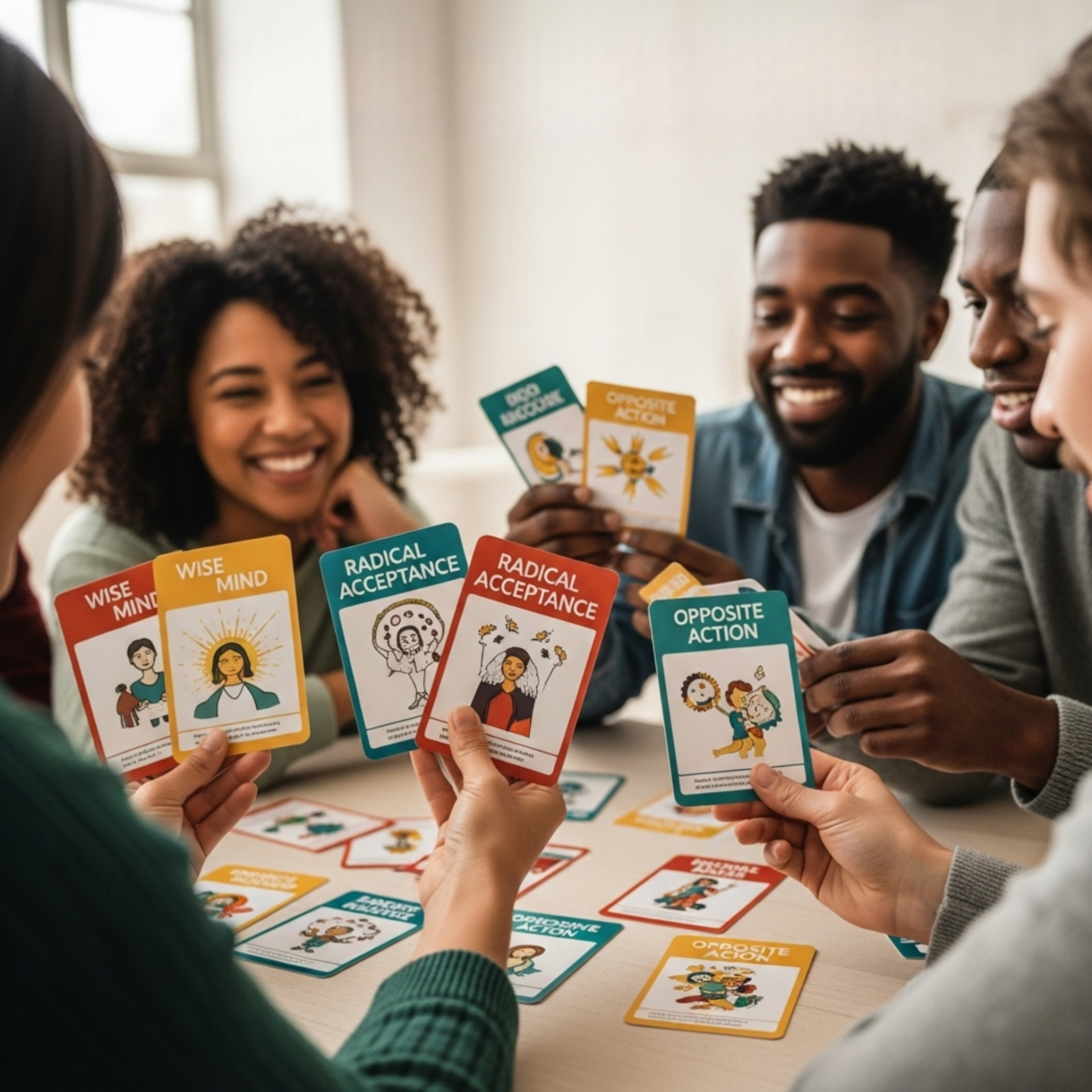
8. The Self-Care Wheel
Feeling stuck in a rut? Spin the wheel of self-kindness. Create a spinner with categories like Physical, Emotional, Spiritual, Social, and Practical. Wherever it lands, you do a quick self care task tied to that area like calling a friend, stretching for 5 minutes, or journaling a worry.
Why it's worth it: It’s the perfect way to make mental wellness a daily habit without overthinking it. By covering all the angles of emotional well-being, this activity encourages balance, routine, and better mental health. Plus, it’s super customizable tailor it to your individual preferences or even co-create one with your support groups.
9. Therapeutic Journaling Prompts
Alright, it’s not a game, but don’t sleep on this one. Guided journaling with prompts like “What emotion am I not facing today?” or “Where do I feel stress in my body?” can unlock self-discovery, self-awareness, and serious healing. Light a candle, put on soft music, and let the pen do the work.
Why it heals: This is a favorite during mental health awareness month because it helps people tap into their inner world gently but powerfully. It builds coping strategies, helps process emotions, and supports your path to mental well-being. Bonus: You’re also enhancing your communication skills even if it’s just with yourself.

10. Trust Falls with a Twist
Okay, yes there’s still the physical trust fall, but the emotional fall comes first. Before catching each other, participants share something real: a mental health issue, an insecurity, or even a recent win. The others listen no judgment, just support. Then comes the literal fall.
Why it’s deep: It fosters psychological safety, strengthens shared interests, and creates space for self-expression and social connection. It's also ideal for team building, therapeutic retreats, or groups working on healing and mental wellness. Vulnerability is the name of the game and this one delivers in spades.

Why These Games Matter
Here’s the truth, bestie: Mental health games and activities aren’t just cute icebreakers. They’re legit ways to reduce stress, promote relaxation, and improve emotional regulation in a world that loves to overwhelm us.
They help us:
- Understand our emotions instead of avoiding them
- Connect with others through shared experiences
- Reframe negative thoughts into positive thinking
- And yes, they remind us to breathe, laugh, and heal
These activities aren't just trendy. They support mental well being, encourage mental health awareness, and build that positive mindset we all crave.
Consider trying…
- One of these activities daily as part of your self care ritual
- Hosting a mental health awareness month game night at work or school
- Bringing a few into your support group, friend group, or family gathering
Because mental health isn’t optional it’s essential. And these mental health games and activities are your playful path to a more grounded, joyful you.
Which of these mental health games and activities spoke to you most? Which one made you pause and think, “I need this”? Start there.

 Reviewed by Author:
Reviewed by Author:







